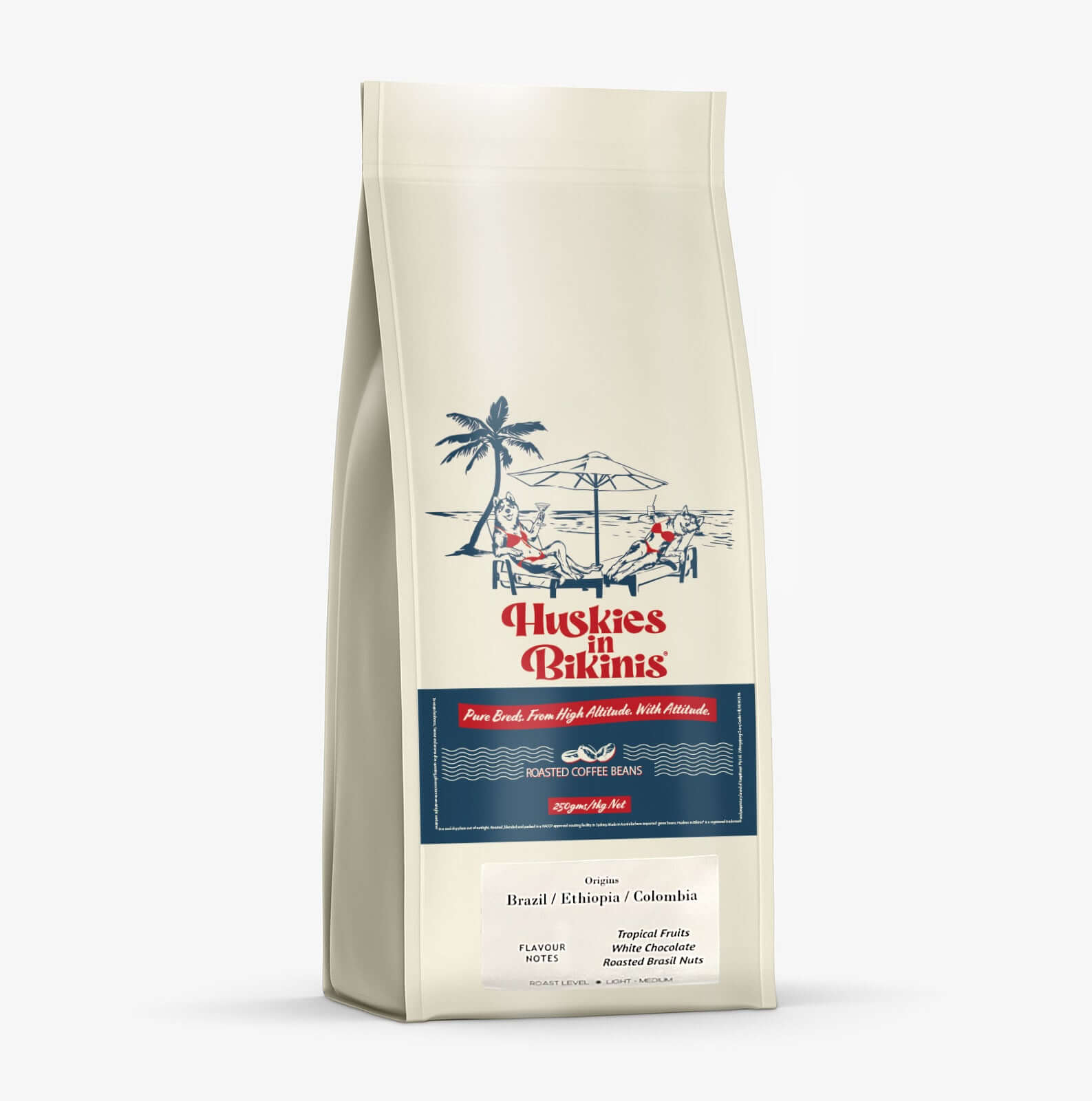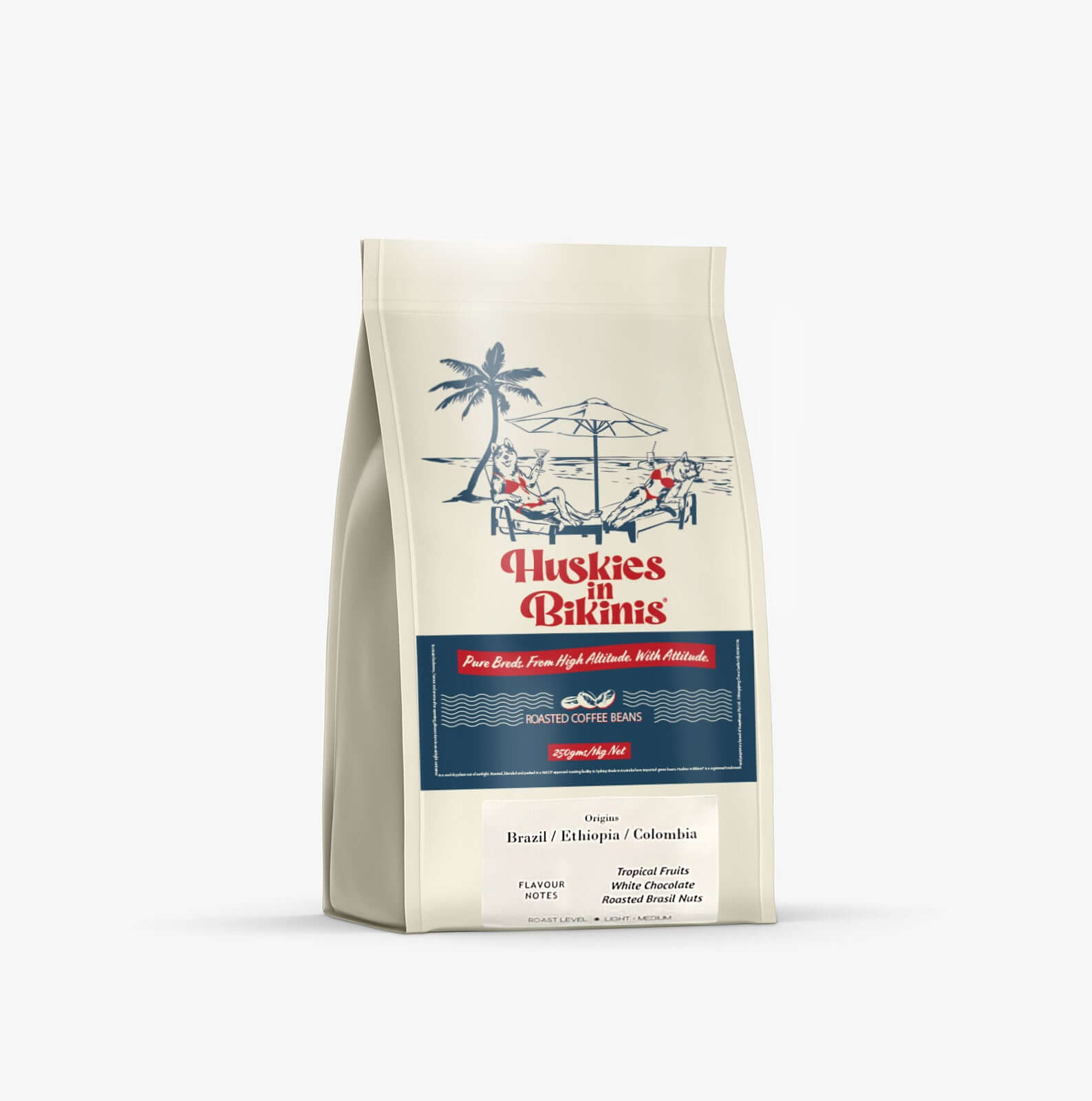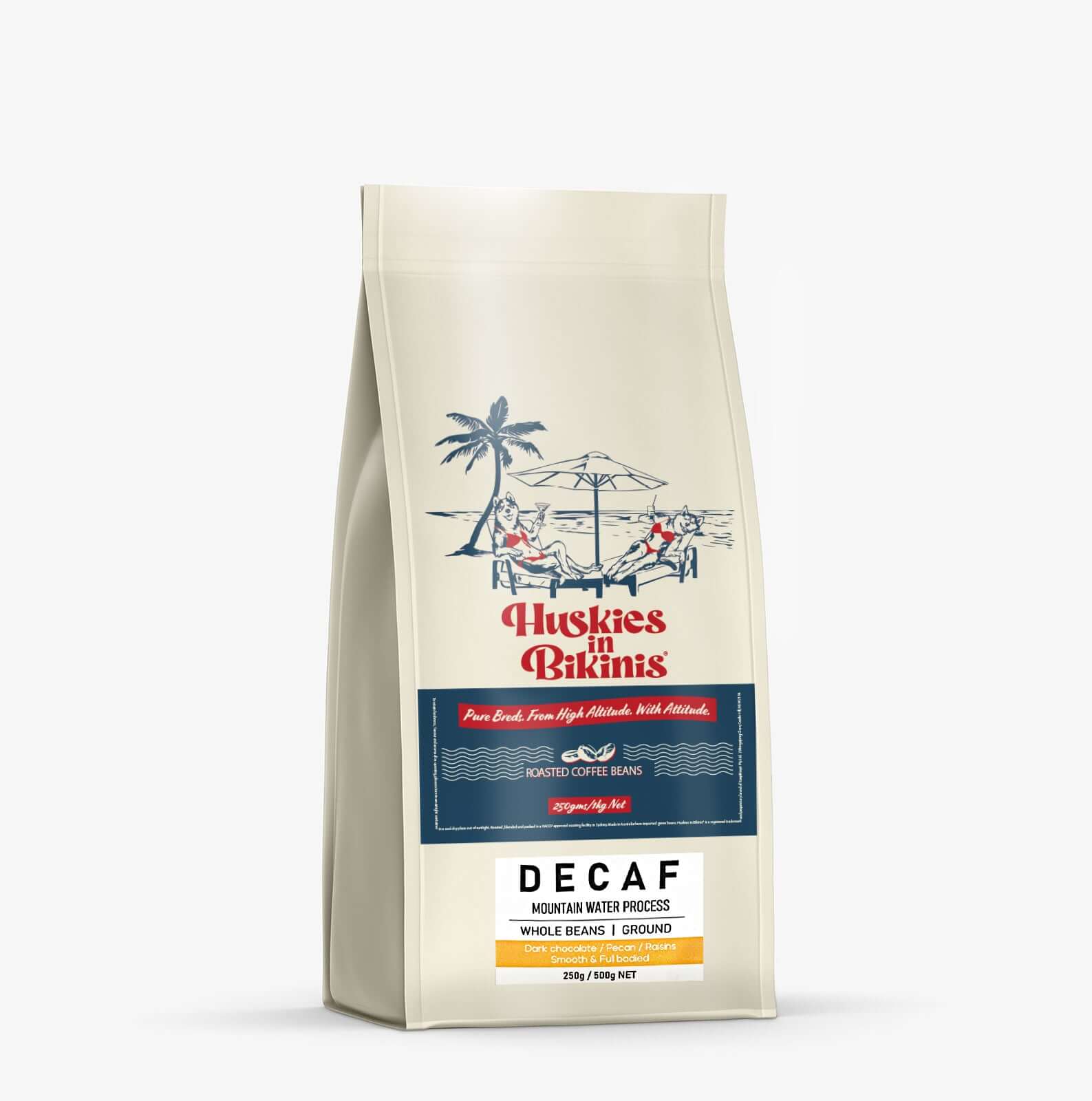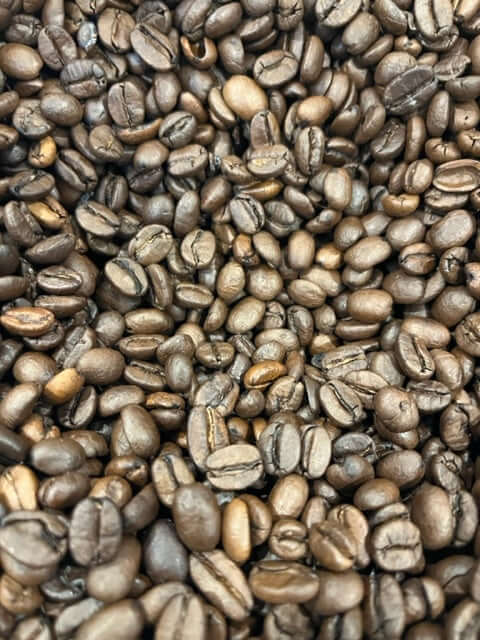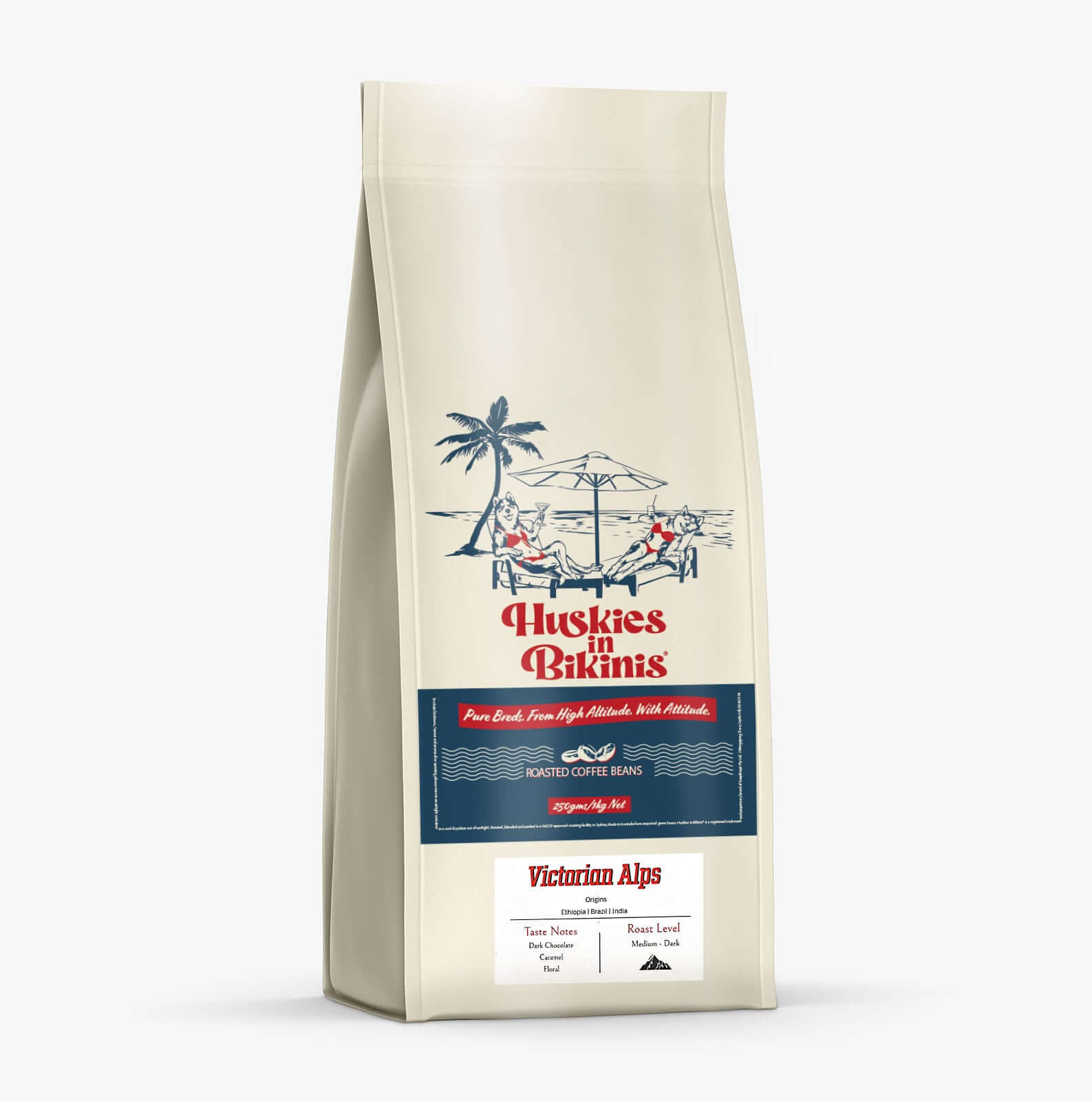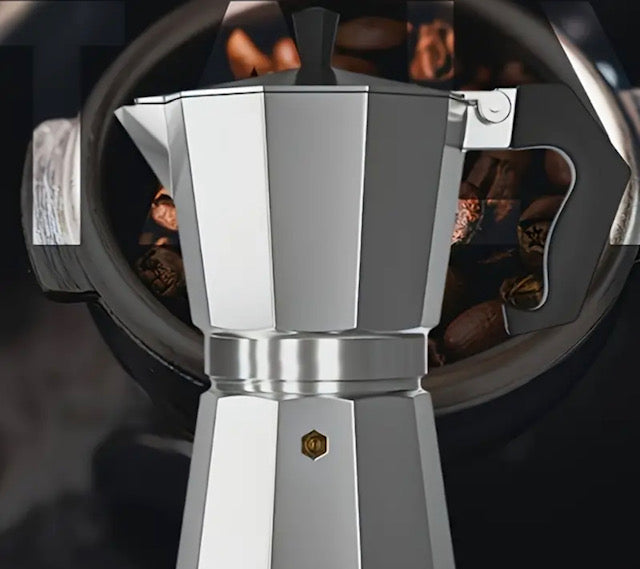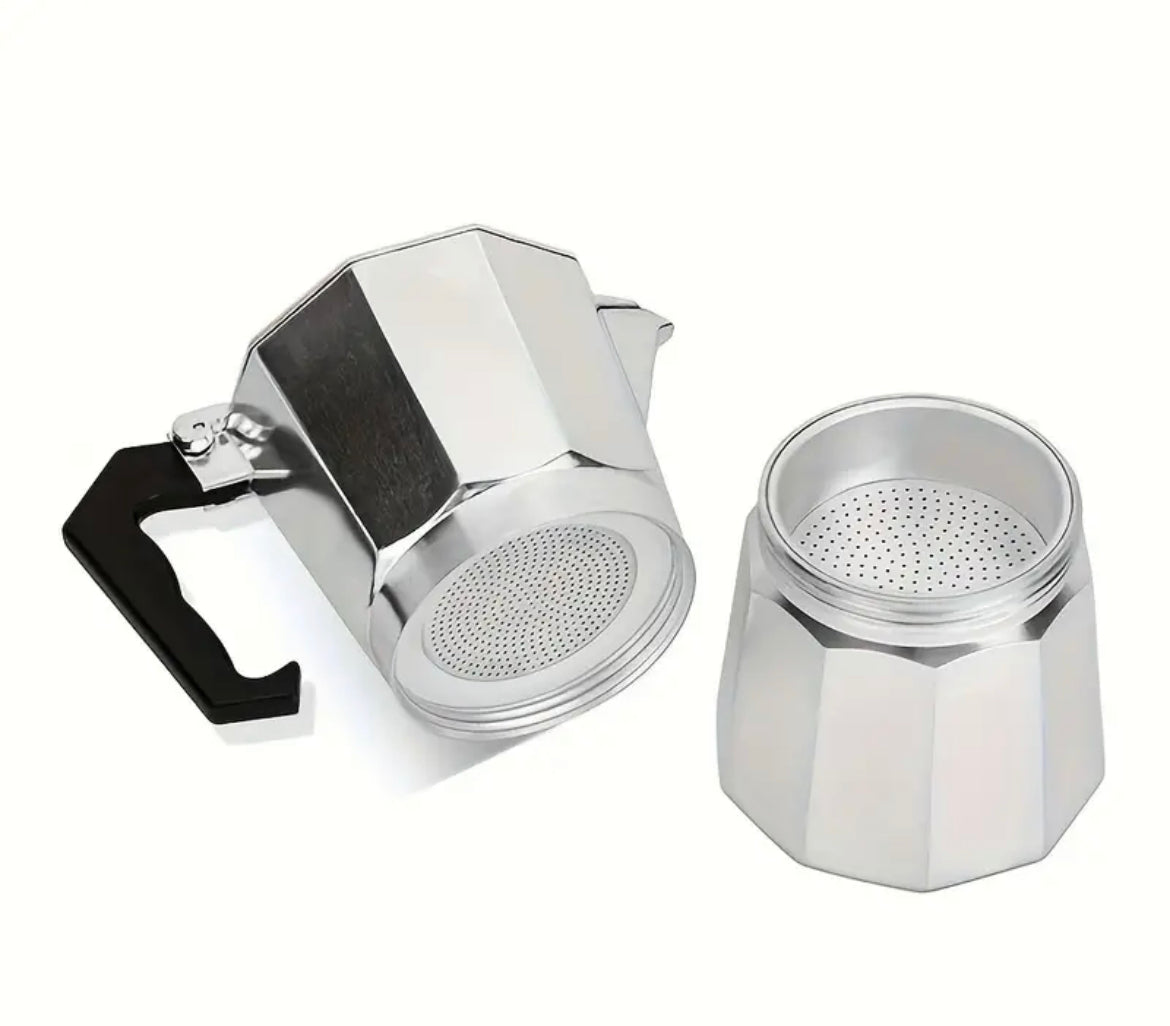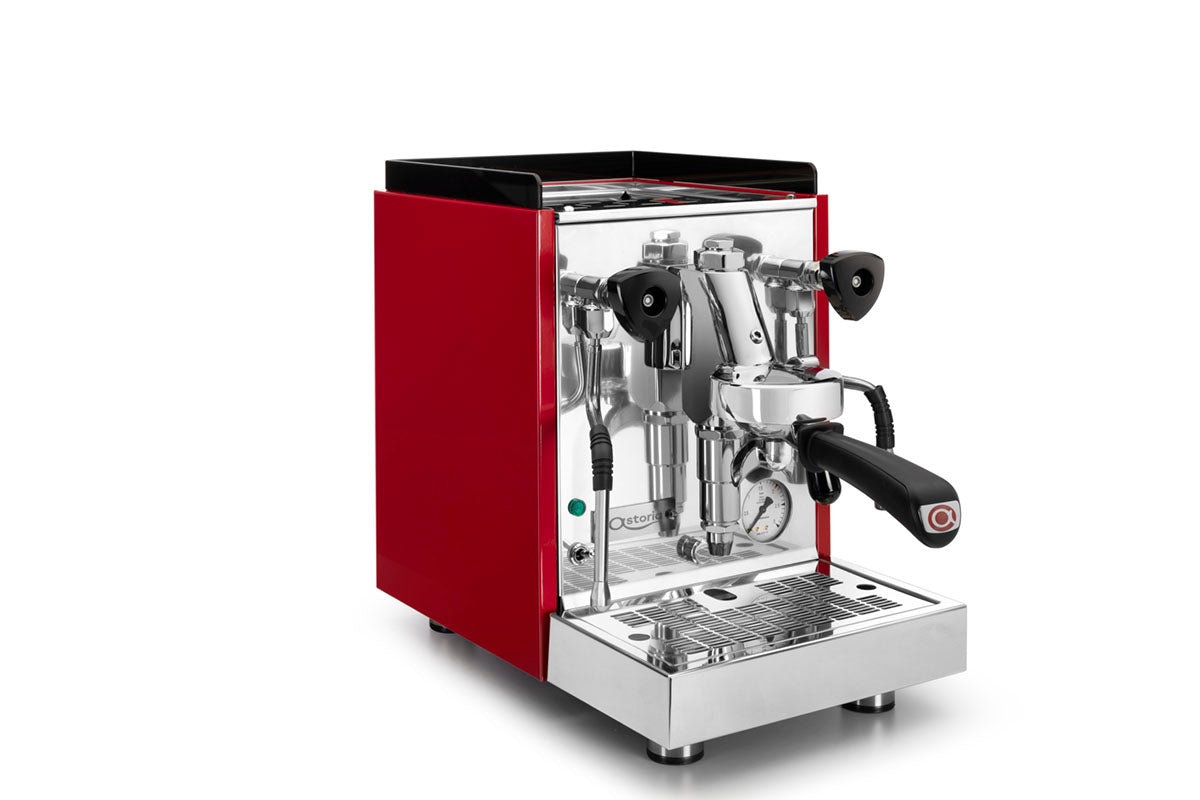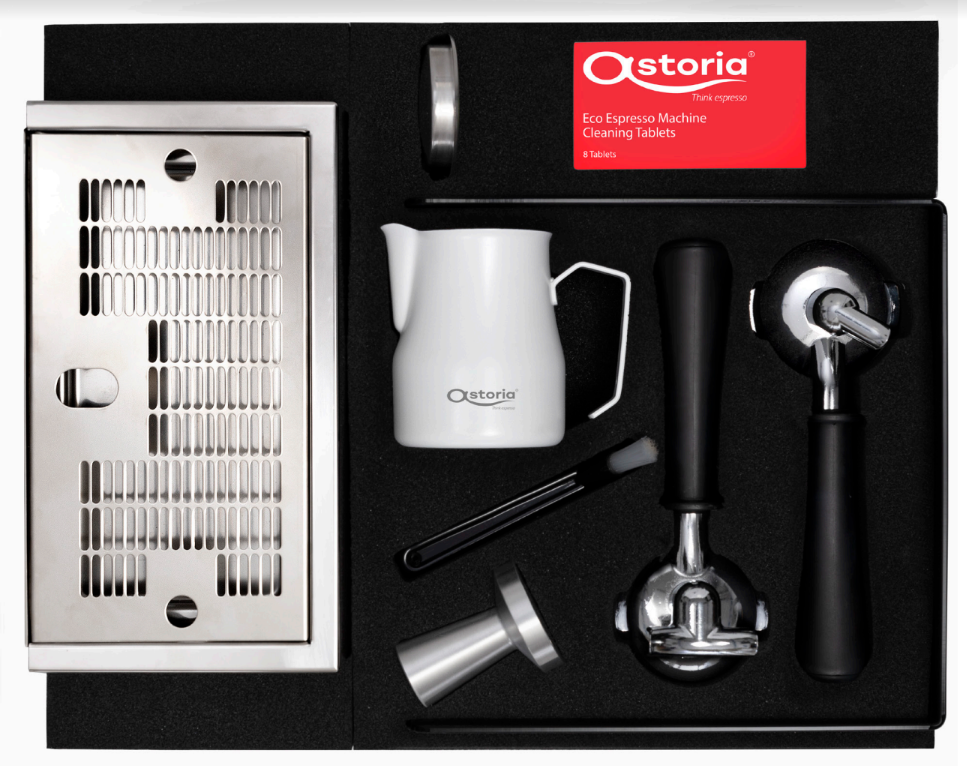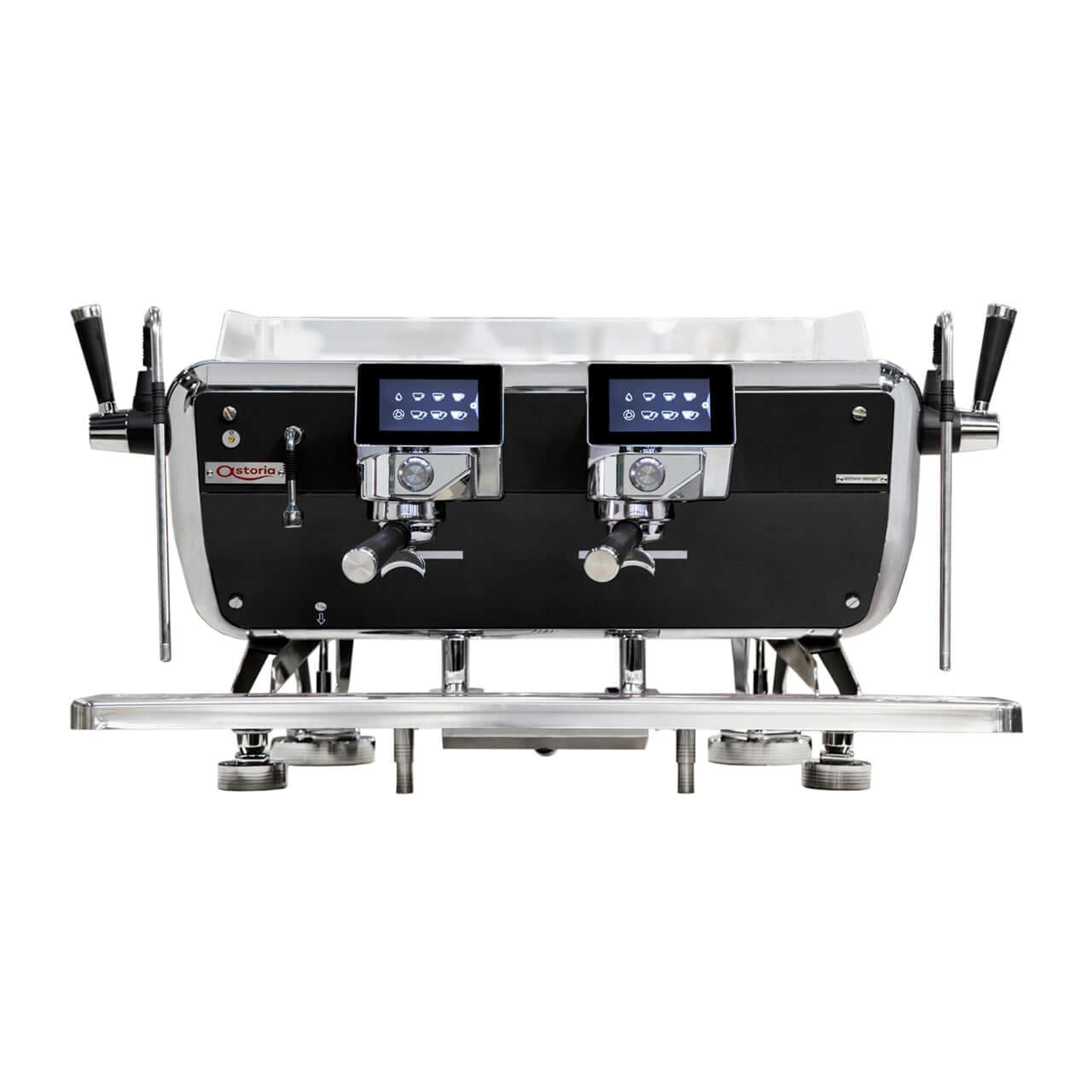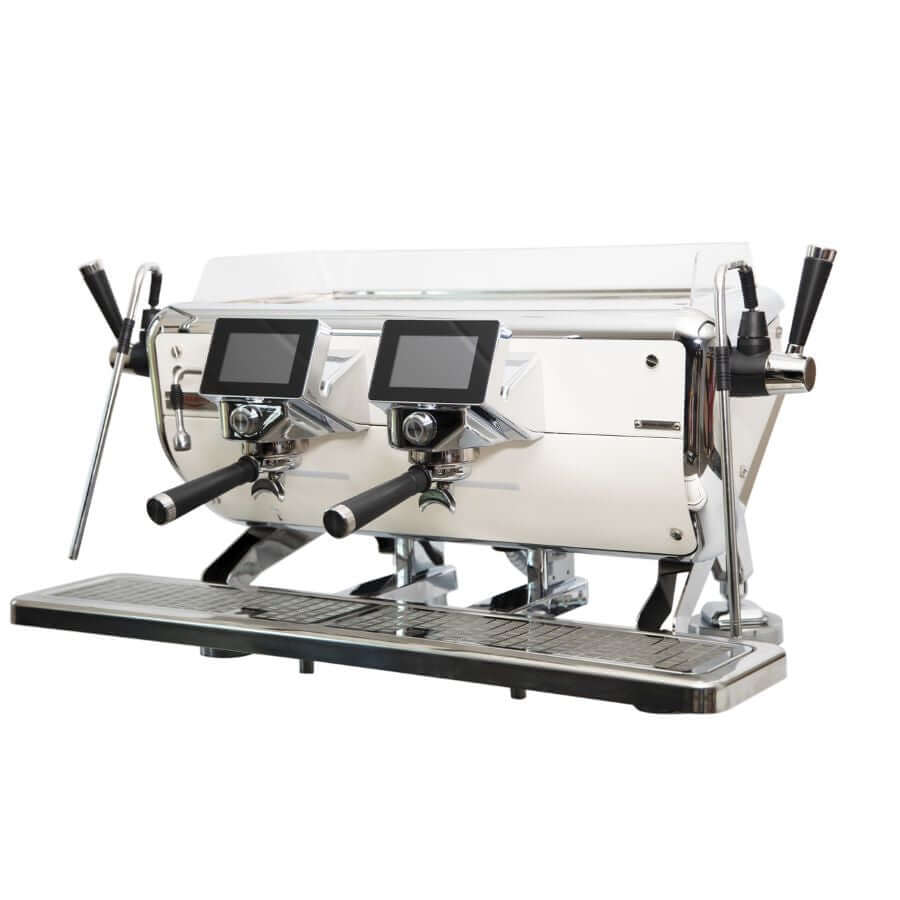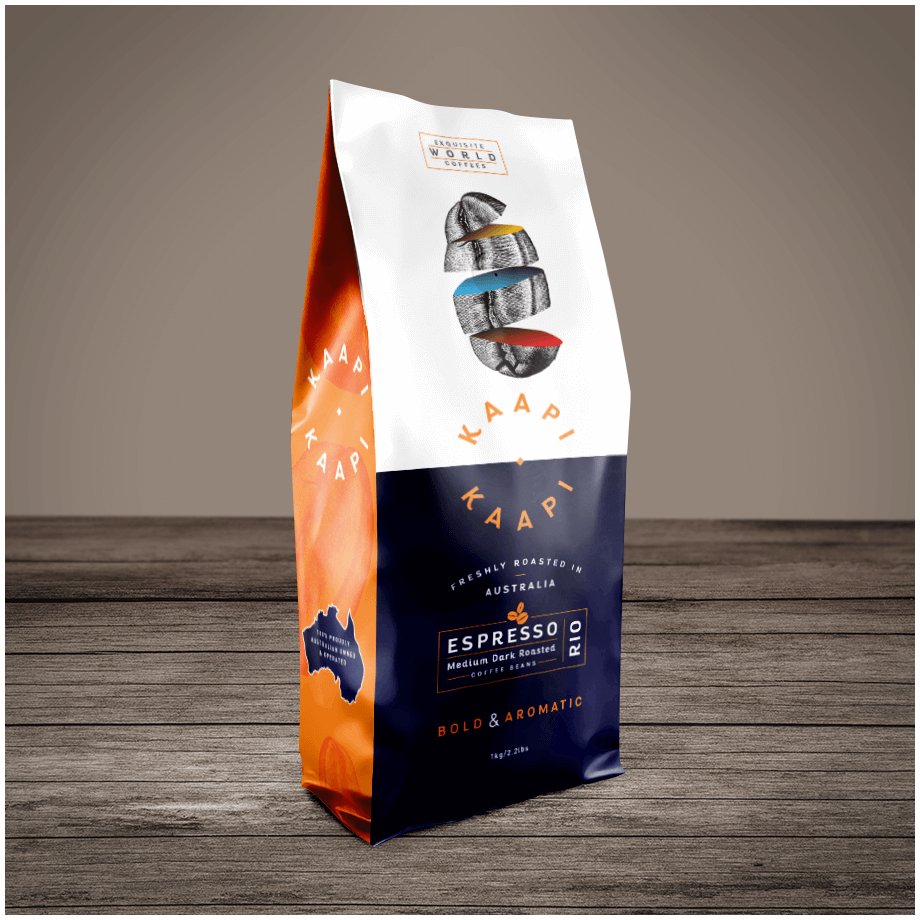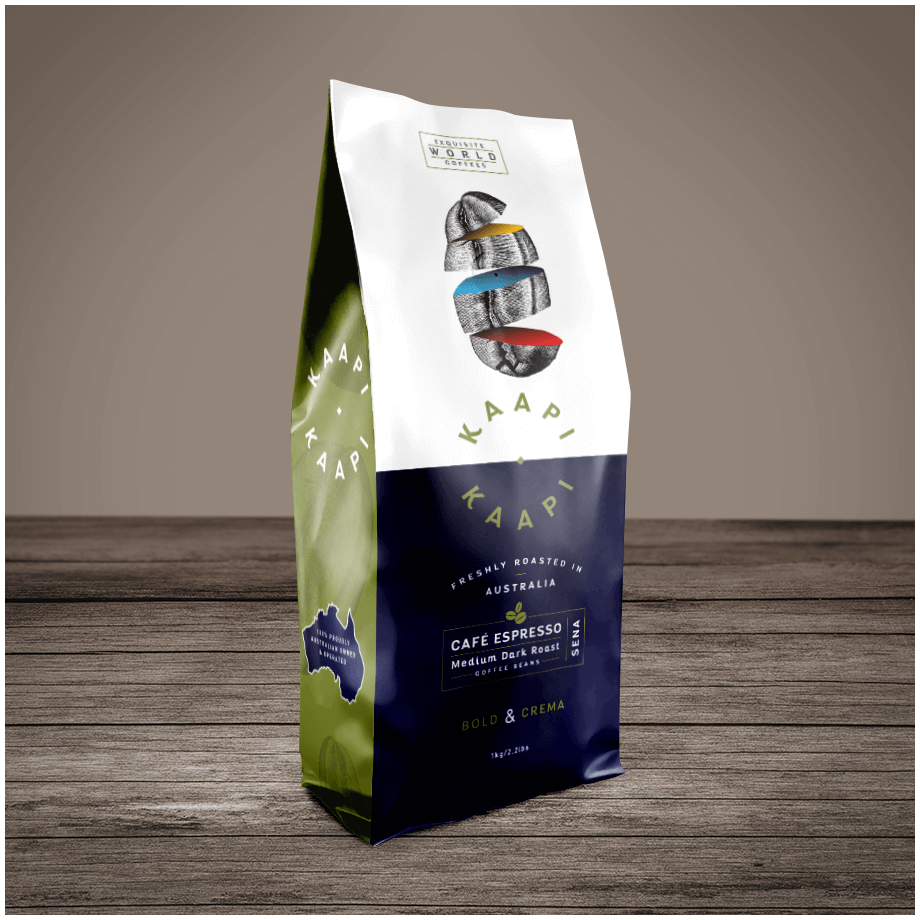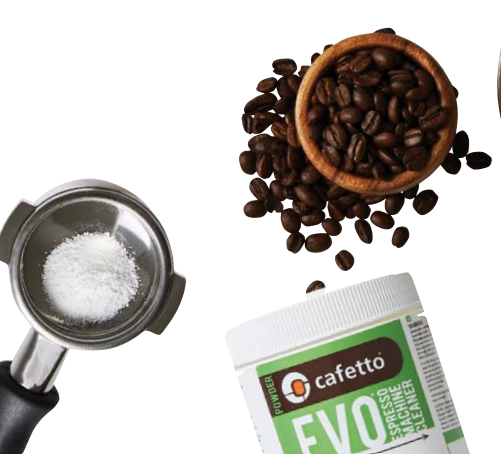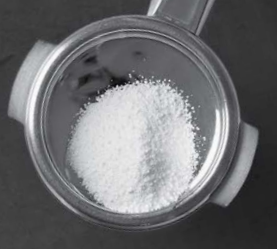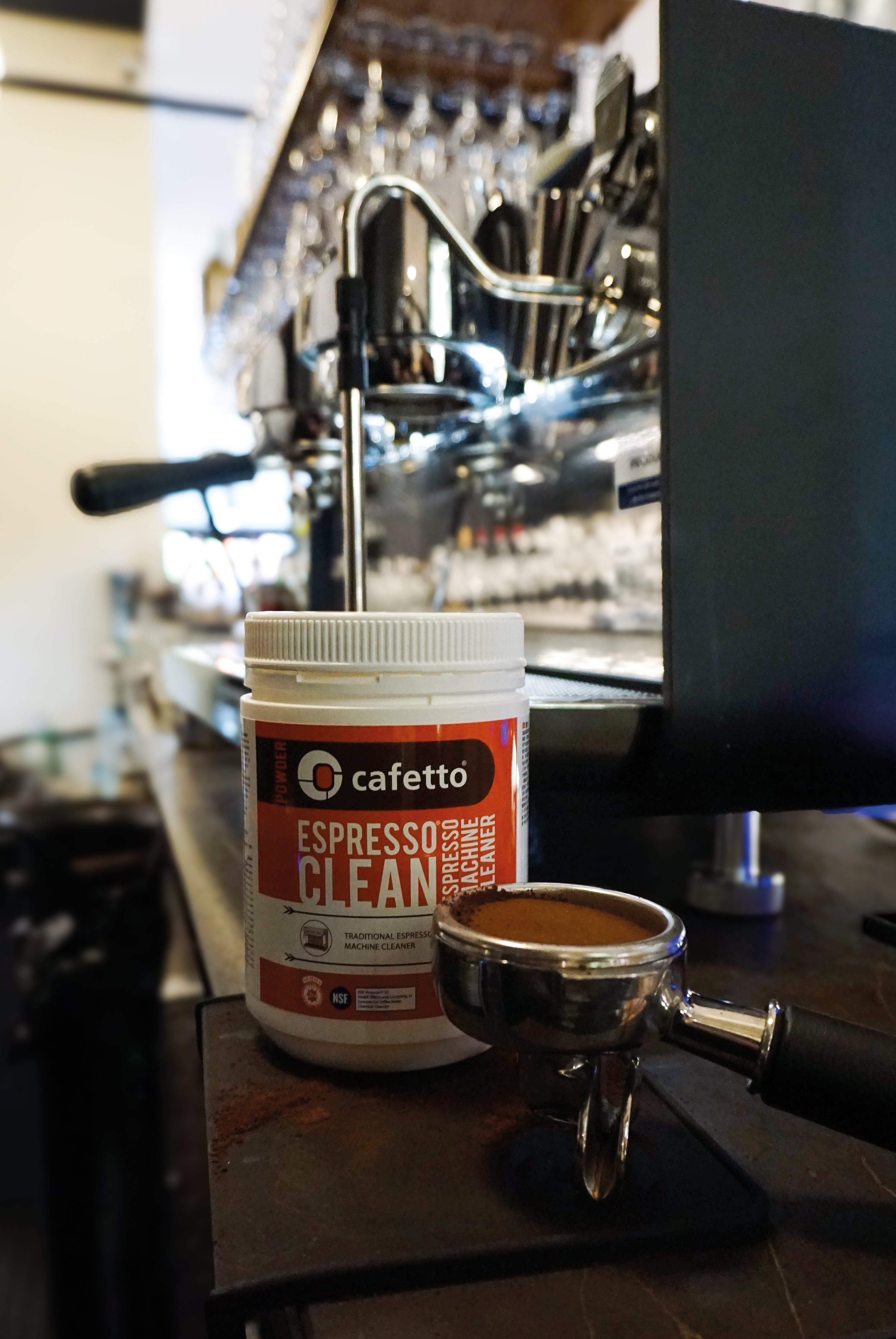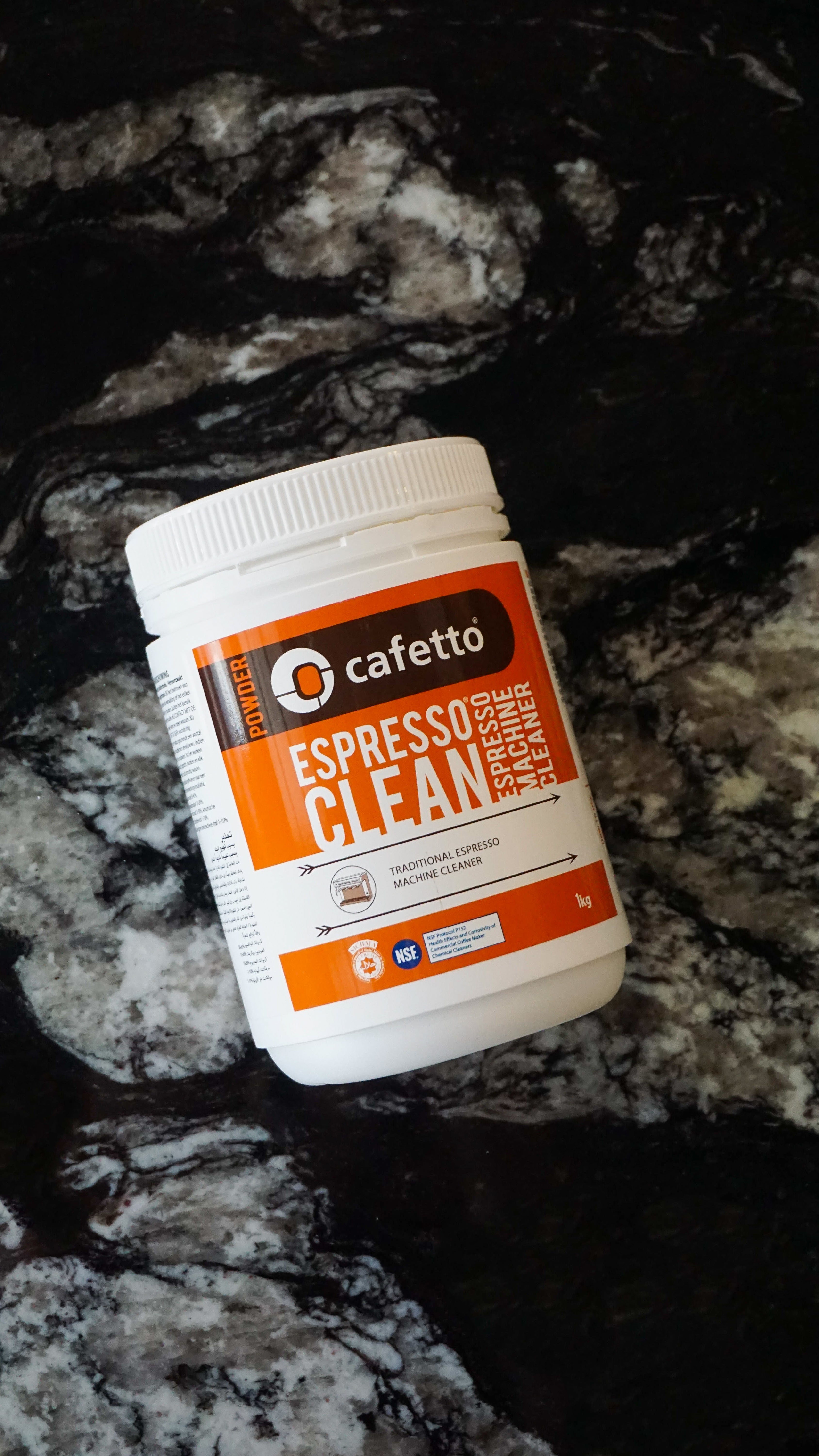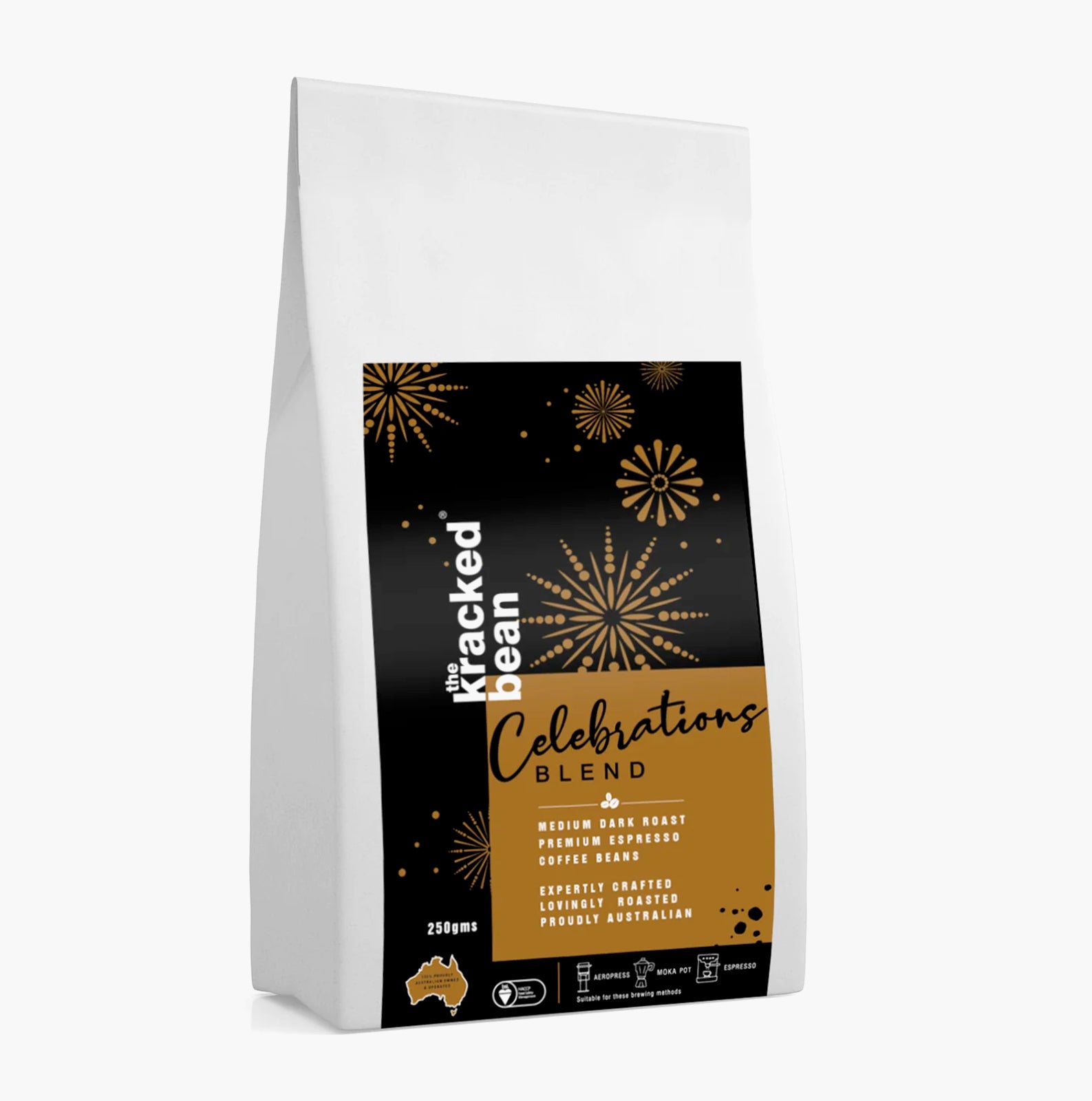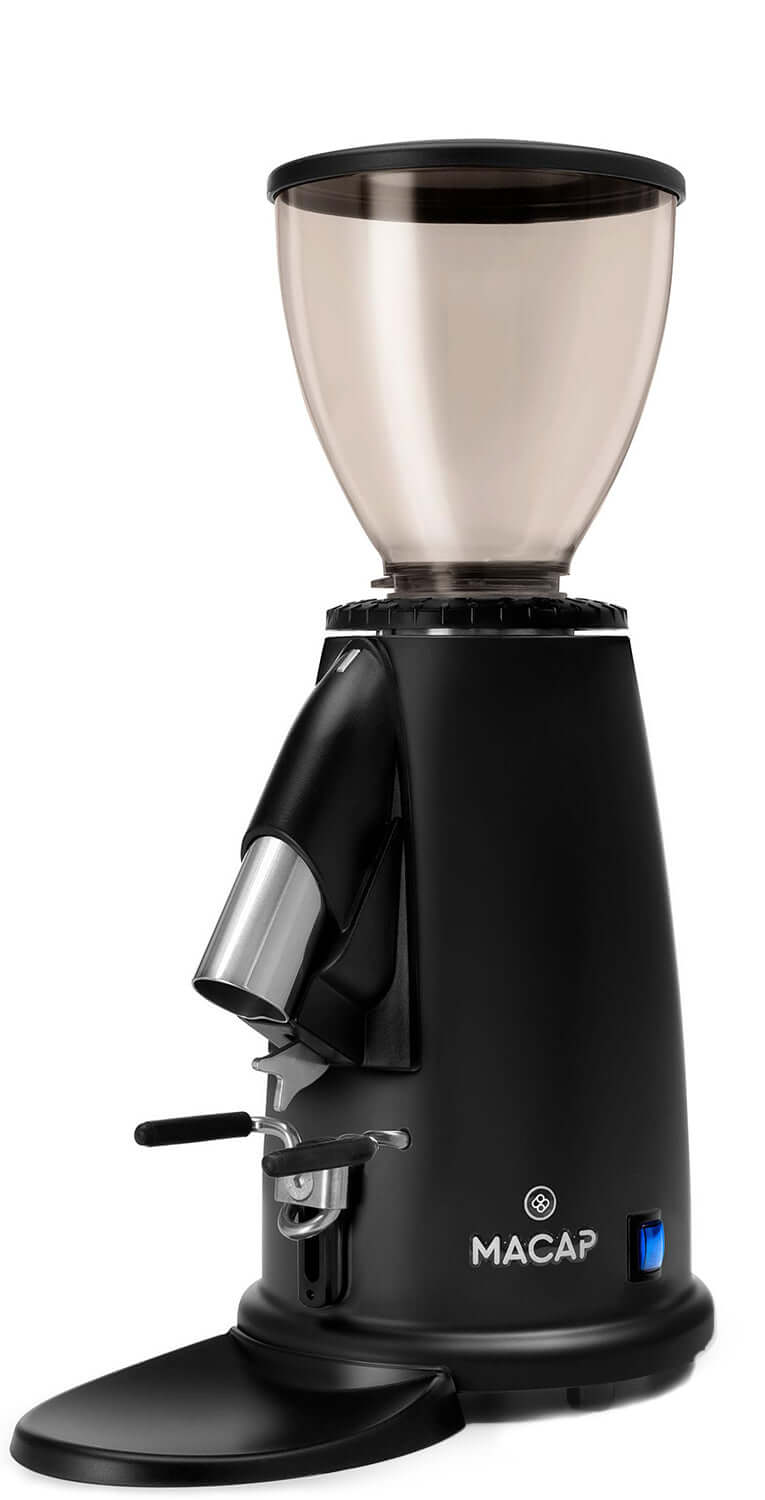
What are the Best Non-dairy Alternatives for Your Coffee?

It is widely documented that milk was first added to coffee in the mid-1600s in Vienna coffee houses and other regions in Europe. This addition was inspired by the Chinese adding milk to their tea during the Quing dynasty and grew in popularity until becoming a staple in today’s coffee. Despite modern coffee’s affinity with milk and the popularity of today’s flat white and cappuccino, it is estimated that around 70% of the global population is actually lactose intolerant.
It is extremely rare to find a modern café in Australia that does not offer alternative milk options for their customers. Data from market intelligence agency Mintel reveals that non-dairy milk sales in the U.S have grown steadily over the past decade; over 65 percent since 2012. Sales are estimated to exceed $2.5 billion by 2022 and more than a quarter of the U.K already use plant-based milk options.
While cafes have responded to this trend by serving non-dairy milk, there has been an increased focus on preserving the flavour that many specialty coffee roasters work so hard to extract from their beans. Varying based on manufacturer and recipes, alternatives such as soy, oat and almond milk are often labelled the best for maintaining flavour.
Certain Soy milk products are quoted as ‘foaming just as well as real milk’ and some recent recipes don’t have a strong soy taste but remain rich and creamy. A soy option we love pairing with our coffee is Sanitarium’s So Good Soy milk.
Almond milk is arguably the most prominent non-dairy alternative but again, taste and consistency varies based on manufacturers and some brands of almond milk have been seen to ‘split’ when heated and added to brewed coffee. A great almond milk option is MilkLab Almond Milk which remains creamy with a relatively low amount of bitterness when heated. Another great option is 137 degrees almond milk which has one of the highest nut contents of any non-dairy milk. However, not all plant-based milks are seen as suitable for coffee – hazelnut milk is said to have an overpowering flavour while the high saturated fat content in coconut milk is said to mask the nuances of medium and light roast coffees.
While one can trawl through the countless alternative milks on the market, coffee selection is paramount when pairing with plant-based milk. Specialty roasters have started to craft blends that pair well with non-dairy options. Roasters control parameters such as bitterness, acidity and sweetness in order to ensure that their coffee ‘cuts through’ or conversely, does not overpower the selected milk pairing. Here’s our shameless plug; KaapiKaapi’s Café Espresso Rio blend was specially crafted with alternative milks in mind and taste tested throughout the roasting process for optimum balance with non-dairy pairings. KaapiKaapi’s Arabica blend also pairs well with alternate milk options.


